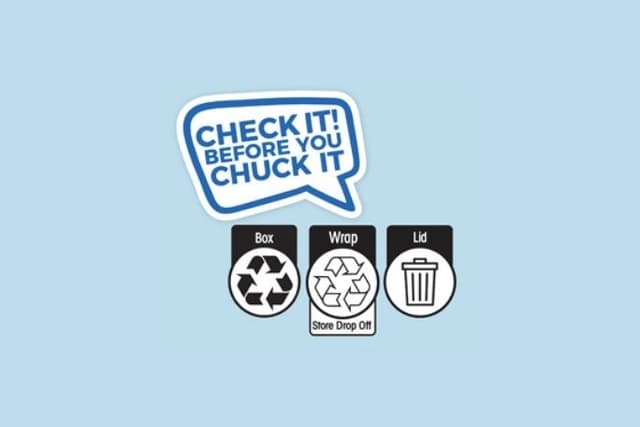
National Recycling Week - Recycling Labels Board Game
Lesson4 of 4 in this unit
PrimaryYear 5 - 6ScienceHealth and Physical EducationHealthThe ArtsTechnologyEnvironmentalRecyclingSustainability
Summary
Lesson Guides and Printables
Lesson Plan

Teacher Content Info
